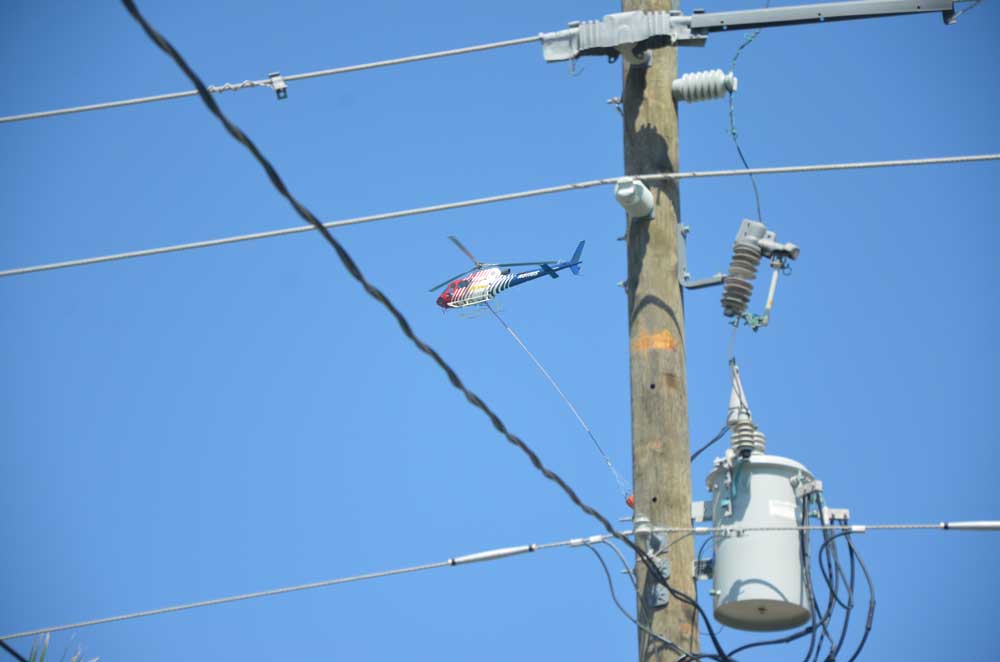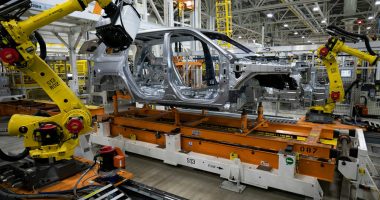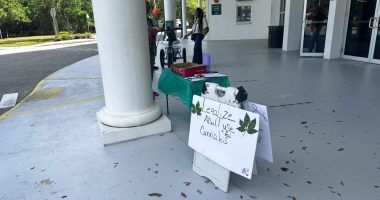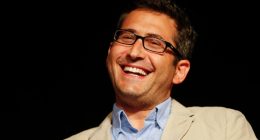
The Palm Coast City Council today took its closest step in 25 years toward a utility franchise fee, an additional levy that would raise your power bills by up to 10 percent. Public opposition has defeated such fee proposals four times since 2011.
But the council is leaving it to the voting public to decide what the fee should be, or if there should be a fee at all. The fee must be contingent on a future referendum. And the referendum must be binding. The approach all but vitiates the council’s fiscal authority in that regard, deferring to public sentiment, and more likely than not ensures that a franchise fee will not appear on any power bills in the city any time soon.
The council voted 3-1 to approve the conditions to enact a utility franchise fee of between 0.5 percent and 10 percent–at least until a future council amends or scraps the resolution, which any council could do. The fee, indistinguishable from a tax, would be added to all Florida Power and Light electricity bills for residents–homeowners or renters–and businesses, including churches, nonprofits and entities otherwise exempt from paying the property tax. (Mayor David Alfin says the fee potential would top off at 6 percent. State law allows for up to 10 percent.)
The resolution City Attorney Marcus Duffy initially prepared for the council proposed a non-binding referendum, in line with past discussions by council members. Council member Ed Danko wanted that changed to binding, against Council member Nick Klufas’s opposition. Danko carried the day, with Mayor David Alfin and Council member Theresa Pontieri joining him in the majority, and Klufas in dissent. Council member Cathy Heighter by then had left the meeting.
“I don’t want this to be a virtue signal if it’s non-binding,” Pontieri said. If it was legally the only choice the city had, it would be one thing. But if the city can legally have a binding referendum, “then it’s not just a virtue signal. It’s actually doing something.”
To Danko, a non-binding referendum would be no more authoritative than a survey. “We’re keeping our word from 10 months ago,” Danko said, referring to the time when the council first discussed the approach. We’re putting it on a ballot now if a future Council comes along, and they want to fight that battle, political uphill battle, but that’s up to them, okay. They certainly are capable
The resolution appears as if it lacks crucial elements–it doesn’t specify when a referendum would have to be held, seemingly leaving open the possibility of a primary election when turnout in Palm Coast is heavily weighted toward anti-tax Republicans. But the city charter requires all referendums to be held in the general election.
It is too late for the primary anyway. The council has time to schedule a vote for the general on Nov. 5.
In one respect, however, the resolution is either short-sighted or cleverly (or unwittingly) loop-holed: it only specifies a referendum for the utility franchise fee–not the public service tax. The public service tax could also be levied at up to 10 percent, and decided by the council.
The spirit of today’s resolution, however, suggests that councils would have to adopt the same approach with a public service tax, giving the resolution a precedent-setting weight that residents may attempt to leverage to other ends. That’s why local governments are generally loath to tie recurring tax policy to popular votes, the two being naturally at odds.
Bunnell and Flagler Beach are among the 88 percent of cities that have long had such a fee, on top of a public service tax. Either or both can be levied at up to 10 percent. The council is desperate for a new revenue source. It sees the franchise fee as one such source.
Klufas did not vote against the motion out of opposition to the franchise fee. He supports the fee, especially if it were to be revenue-neutral–meaning that if the city were to not raise more revenue, but use revenue from the franchise fee to lower the property tax.
“It collects taxes at a higher propensity to high usage users of our electrical system,” Klufas said. “So the hospitals, the big churches, the ones that don’t pay any tax in the city of Palm Coast, they have some of the most prime real estate in all Palm Coast but they don’t pay any taxes. If we were to say as a governing body, we are not going to collect any more taxes in total. Instead we are going to take a percentage of that and collect it through an FPL franchise fee, the end result for a normal average homeowner in the city of Palm Coast would be your taxes going down.”
Most people, Klufas said, don’t see that possibility, which he said often gets misrepresented. “That’s also why I’m a bit hesitant to allow this to go out onto a ballot,” he said, when the council could responsibly pledge to enact the fee only as a shift that would overall lower property taxes. “That’s why I’m a bit hesitant, because I don’t trust the communication that happened and the educational moment that has occurred to be the most truthful.”
He has reason to be hesitant: nothing in the city’s strapped finances suggests that this or future administrations will resist the urge to see the franchise fee as a supplement, not a substitute, as other cities do (both Flagler Beach and Bunnell have significantly higher property taxes despite imposing both utility franchise fees and public service taxes.)
Pontieri herself spoke of the city’s financial demands. “We just went through our [strategic action plan] that had 13 priorities, we are going to have to fund them,” she said. “So we need to be very mindful of the fact that yes, while we are entering into this agreement, again, money doesn’t grow on trees. So we are going to have to figure out a way to fund our priorities, to provide infrastructure, public safety, build fire stations, make sure our first responders are getting the right salaries and pay that they need so that they don’t use us as a training ground and go elsewhere to other counties, as the sheriff alluded to. So I’m in favor of this. But I do think that we need to be very mindful as we move forward that we have a limited amount of funds to choose from.”
Danko is mistrustful of the messaging for a different reason. “Yes, we’ll collect a lot more from the businesses, but they will collect it from consumers,” Danko said, to doubts on that count from Klufas and Pontieri. “There’s no free ride here for consumers.” He added: “Any raising of utility franchise fee would need to be sold to the public and if it’s a good argument, the public has shown they will go for it.”
There was no word from council members about scheduling a referendum. That will likely be a discussion in the near future, though they did inquire about what it would cost them to hold a referendum. The referendum would appear on the November ballot, which is administered by the supervisor of elections.
“The only cost would be incurred if an additional ballot page was necessary due to the referendum for city voters,” Supervisor of Elections Kaiti Lenhart said. “I quoted them an estimate of $14,000 for that additional page based upon the number of voters in the city of Palm Coast, and 20 cents per ballot page. That estimate does not include any additional postage necessary for city voters who request a mail ballot. The postage may increase due to weight, with a two-page ballot.”
![]()










